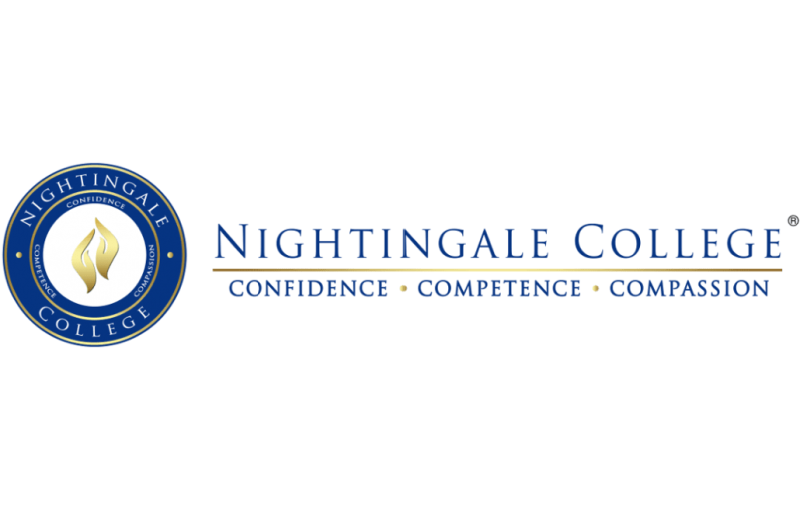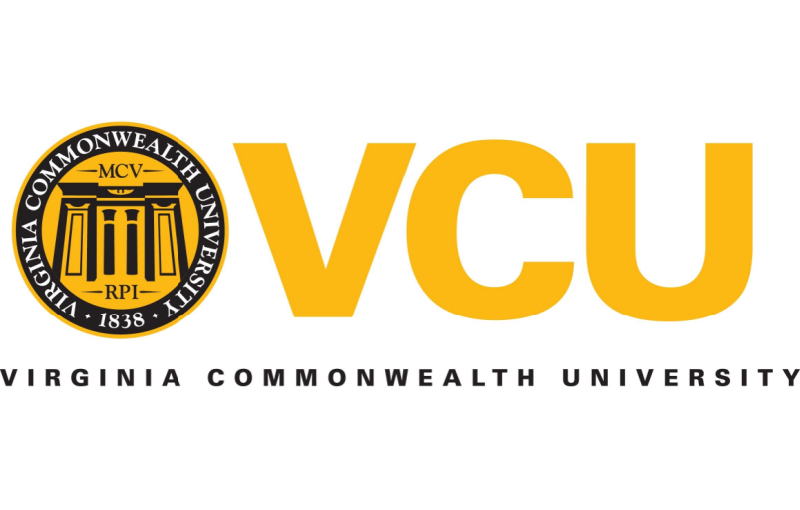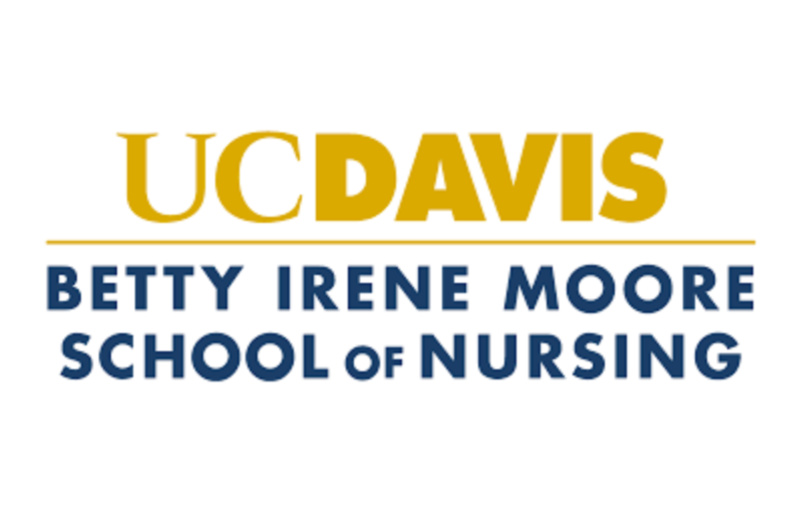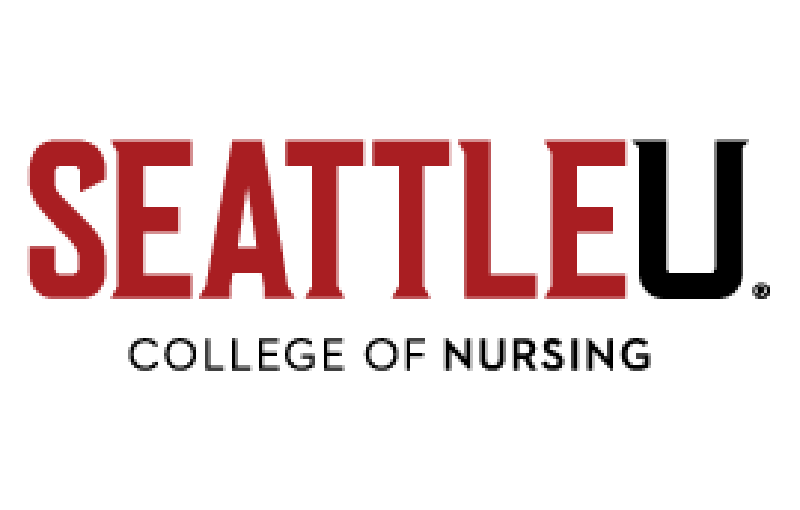READ THE MIDWIFERY WEEK 2020 ISSUE
ABOUT THE ISSUE
- Midwives on the Frontlines of the Pandemic
- Midwifery Adapts to COVID-19
- Cultural Competence: Seeing the World Through the Eyes of Others
- How Nursing and Midwifery Schools in the United States Have Adapted During COVID-19
- Act Two: How to Fast-Track Your Career Change
EDITOR’S NOTEBOOK
Navigating the “New” Normal
Conducting a postpartum visit via telehealth with a patient in the back room of the restaurant where she’s currently working. FaceTiming with a patient’s loved one who cannot be present during their partner’s childbirth. Having prenatal visits in the clinic parking lot to avoid exposing patients. Pregnant women seeking alternative birthing options. These are just a few of the scenarios that have popped up in 2020 as a result of the coronavirus pandemic. In this special issue to honor National Midwifery Week, we highlight how practicing midwives and nursing students alike are navigating the “new” normal and how they are rising to the challenges and overcoming them.
The coronavirus has effectively disrupted our lives and our health care system. Frontier Nursing University president Susan Stone kicks off this issue describing how certified midwives and certified nurse-midwives have been forced to adapt and figure out ways to still provide their patients with safe, quality care. Telehealth in particular has proved to be an effective method of care during these difficult times. Even whenever life returns to normal, it’s clear that telehealth will be here to stay and continue to improve our health outcomes and combat racial disparities.
The coronavirus has effectively disrupted our lives and our health care system. Frontier Nursing University president Susan Stone kicks off this issue describing how certified midwives and certified nurse-midwives have been forced to adapt and figure out ways to still provide their patients with safe, quality care. Telehealth in particular has proved to be an effective method of care during these difficult times. Even whenever life returns to normal, it’s clear that telehealth will be here to stay and continue to improve our health outcomes and combat racial disparities.
Right now, the United States is struggling to reopen schools safely for the fall season. Every week, the CDC guidelines appear to change. Nursing students and faculty alike are left scrambling to figure out how they can stay safe and still make sure they receive a proper education while maintaining social distancing recommendations and/or overcoming any technological hurdles to remote distance learning.
If there are any lights at the end of this very long dark tunnel, it’s this: Vernell P. DeWitty, the AACN director of diversity and inclusion, forecasts that the public will have a new appreciation for the contributions of nurses and nurse-midwives after this pandemic, which will hopefully inspire a new generation to pursue this career path. And who doesn’t want a world with more nurses (and fewer politicians)?
—Megan Larkin
A special thank you to our advertisers who supported this special Midwifery Week Issue. View all of our Champions of Nursing Diversity.








